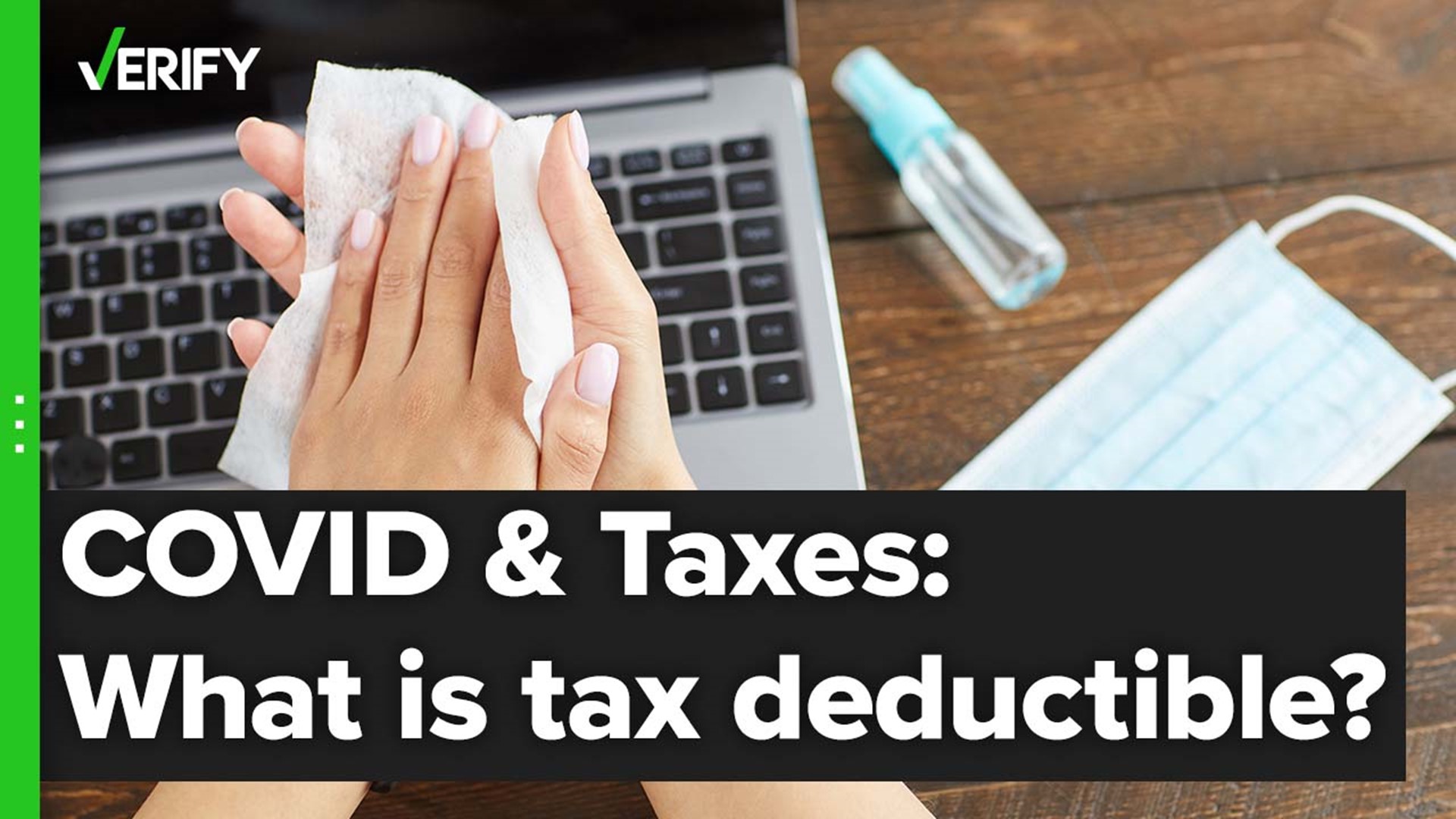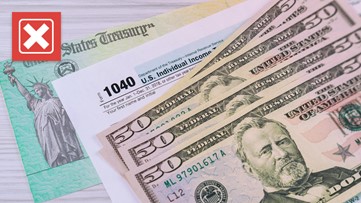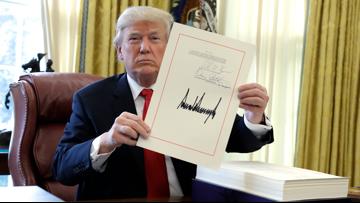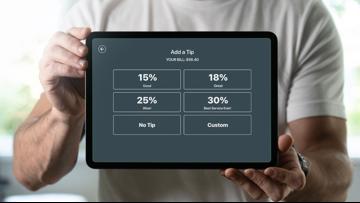Tax filing season officially kicks off in the United States on Jan. 24, 2022. That’s when the Internal Revenue Service says it will begin accepting and processing 2021 tax year returns.
Last year marked the first full tax year since the coronavirus pandemic was declared, and the VERIFY team has been getting a lot of questions about write-offs related to the COVID-19 pandemic. One viewer asked if masks, hand sanitizer and other forms of personal protective equipment (PPE) used during the pandemic are considered tax-deductible. Meanwhile, another viewer wants to know if people who have been working from home can write off some of the expenses of having a home office.
THE QUESTION
Can you write off personal protective equipment (PPE) used during the COVID-19 pandemic?
THE SOURCES
THE ANSWER
Yes, you can write off personal protective equipment (PPE) used during the COVID-19 pandemic. But, in order to qualify as a deduction, the PPE and other medical expenses must exceed 7.5% of a person’s annual gross income (AGI), and the purchases cannot be reimbursed by insurance.
WHAT WE FOUND
The IRS confirmed in March 2021 the purchase of personal protective equipment (PPE), such as masks, hand sanitizer and sanitizing wipes that have been used for the primary purpose of preventing the spread of COVID-19, are considered tax-deductible medical expenses under IRS Code. However, in order to qualify as a deduction, the PPE and other medical expenses must exceed 7.5% of a person’s annual gross income (AGI), and the purchases cannot be reimbursed by insurance, according to the IRS and accounting firm Cherry Bekaert, LLP.
This means if your adjusted gross income is $50,000, anything beyond the first $3,750 of your medical expenses, or 7.5% of your AGI, could be tax-deductible.
For more information on determining what you can write off, visit Can I Deduct My Medical and Dental Expenses? on the IRS website.
THE QUESTION
Can employees write off a home office on their taxes?
THE SOURCES
THE ANSWER
No, employees cannot write off a home office on their taxes. But, people who are self-employed, independent contractors or those working in the gig economy can.
WHAT WE FOUND
The federal government used to allow individuals to take a home office deduction if they had one set up, but that changed in 2017 when Congress passed the Tax Cuts and Jobs Act. The legislation was intended to simplify the process of doing taxes and that meant limiting who can take a home office deduction.
According to the IRS and accounting firm Maxwell, Locke & Ritter, the home office deduction is now available to qualifying self-employed taxpayers, independent contractors and people working in the gig economy.
The IRS says since the Tax Cuts and Jobs Act suspended the business use of home deduction from 2018 through 2025 for employees, employees who receive a paycheck or a W-2 exclusively from an employer are not eligible for the deduction, even if they are currently working from home.
To qualify for the deduction, the taxpayer needs to use a portion of the home exclusively for conducting business on a regular basis and the home must be the taxpayer's principal place of business, according to the IRS.
More from VERIFY: No, the federal government is not taxing the third stimulus check












